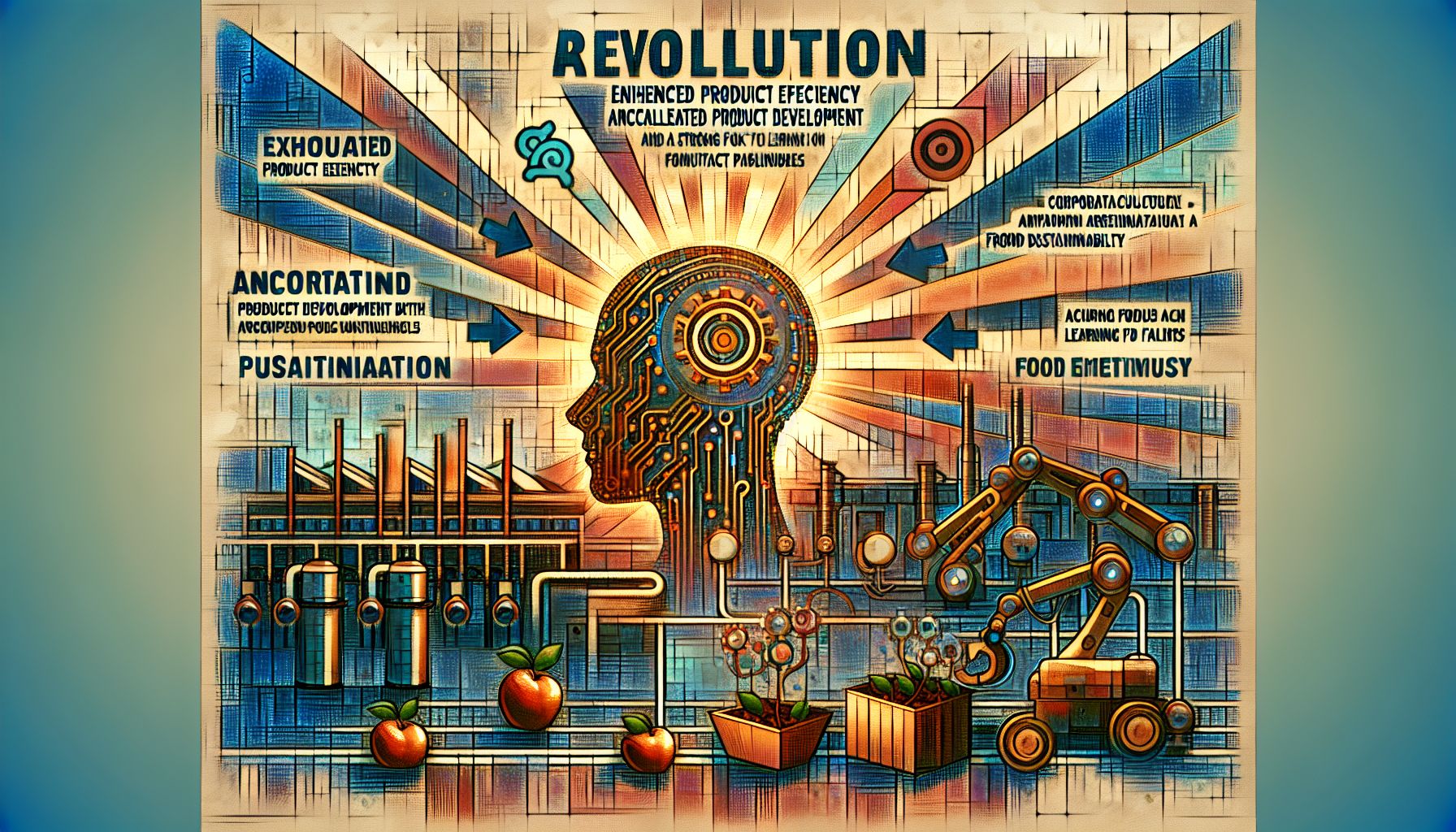AI Revolution in Food Industry: Efficiency, Innovation, and Sustainability

Amsterdam, Wednesday, 3 July 2024.
Artificial intelligence is transforming the food sector, enhancing production efficiency, accelerating product development, and promoting sustainability. ABN AMRO reports that AI adoption requires a corporate culture embracing experimentation and accepting potential failures to fully leverage its benefits.
Enhancing Efficiency in Production
AI technologies are streamlining production processes across the food industry. By automating repetitive and mundane tasks, AI systems reduce the time and labor required for operations such as sorting, packaging, and quality control. For instance, Plus One Robotics utilizes machine learning and robotics to automate packaging systems, handling temperature-controlled goods more efficiently[1]. Such innovations not only speed up the production line but also minimize human error, leading to consistent product quality and significant cost savings.
Accelerating Product Development
Artificial intelligence is a game-changer in product development within the food sector. AI algorithms can analyze consumer trends and preferences, enabling companies to create targeted and innovative products. Companies like Kraft Heinz leverage AI to reduce food waste and optimize product formulations[2]. By predicting market trends and consumer demands, AI helps to develop recipes and test new products more swiftly, ensuring that food manufacturers stay ahead of the competition.
Promoting Sustainability
Sustainability is a critical concern in the contemporary food industry, and AI is at the forefront of promoting eco-friendly practices. AI-powered tools like Orbisk track and reduce food waste in restaurants[3]. By monitoring inventory levels and optimizing supply chains, AI minimizes surplus production and waste. Additionally, AI-driven sensors detect potential food safety hazards, ensuring that only safe and high-quality products reach consumers. This not only reduces environmental impact but also enhances food security.
Pioneering Companies and Innovations
Several companies are leading the way in integrating AI into their operations. Amazon, for example, uses AI-driven sensors in storage facilities to detect food safety hazards and employs AI-powered image recognition systems to inspect food products for defects[4]. Meanwhile, Nestlé and PepsiCo are utilizing AI to personalize food experiences and optimize supply chains, improving both customer satisfaction and operational efficiency[5]. These advancements underscore the transformative potential of AI in the food industry.
Future Prospects
The future of AI in the food industry appears promising, with projections indicating significant growth. According to World Metrics, the global AI in the food and beverage market is expected to reach $29.94 billion by 2028, growing at a compound annual growth rate (CAGR) of over 65% from 2020 to 2023[6]. As AI continues to evolve, it will likely introduce even more sophisticated solutions, from smart kitchens to complete traceability of ingredients, further revolutionizing the food sector.
Bronnen
- fortune.com
- www.abnamro.nl
- www.foodnavigator.com
- www.foodnavigator.com
- aiisatool.com
- worldmetrics.org

